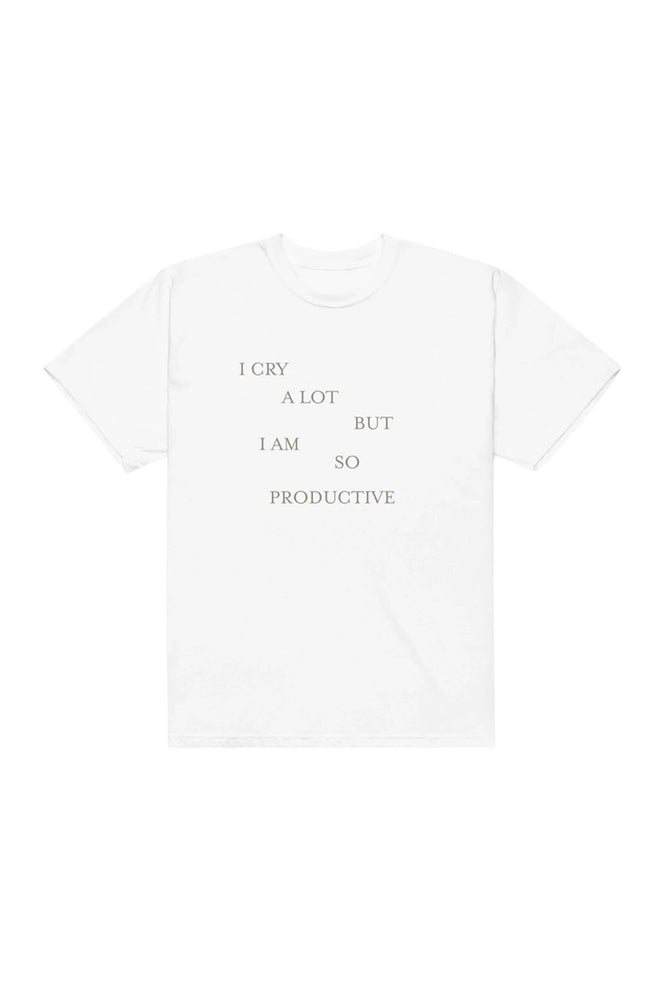“The pregnancy is not developing. I’m sorry.” I sat on the exam table, masked, alone, and completely bewildered by what I’d just heard. Of course, I’d always known this was a possibility. Hell, I’d spent weeks avoiding friends and family members and keeping my pregnancy a secret because it was still early. But “knowing” and knowing are two very different things. We all “know” that pregnancy loss happens. Just a couple of weeks ago, Chrissy Teigen bravely shared with the world that she lost her baby after experiencing complications with her pregnancy. Yet many were shocked or uncomfortable that Teigen revealed something so personal in such detail, confirming that stories like hers are still too often spoken about in hushed tones. I for one am over this. October 15th is Pregnancy and Infant Loss Remembrance Day, and in keeping with the spirit of the day, I’d like to share what I’ve learned after going through my own miscarriage.
It’s Surprisingly Common
Miscarriages are the most common cause of pregnancy loss, and they happen frequently. The statistics vary, but some tell us that about 10-20% of known pregnancies end in miscarriage, while others state that the rate is as high as 1 in 4. Anecdotally, it feels like it’s even more than that. Once I decided to open up and share my experience with other people, I started hearing so many others’ stories of pregnancy loss. If it hasn’t happened to the friends I’ve told, it’s happened to one of their friends or family members. While I’d never wish my experience on anyone, it’s comforting to know that I’m in the company of so many other strong and accomplished women.
Talking About It Helps
When I first learned my pregnancy wasn’t viable, I wasn’t sure if I wanted to share it with anyone beyond my closest friends and family members, for a couple of reasons. First, the experience can be hard to put into words. I barely had time to acclimate to the changes in my body and my identity before suddenly they were rendered obsolete. And yet, I was devastated, grieving for something that barely was. The abrupt shift was jarring, maddening, and totally disorienting. How do you explain that to someone who’s never been through it?
I was also afraid of burdening those around me with the news. It seemed strange to reach out, only to share something so awful. But then I had a revelation. I’d spent weeks isolating myself from the people I cared about when I was pregnant and it was anxiety-producing and depressing. Why double down on behavior that wasn’t serving me in the first place when I actually needed people? So much of pregnancy is shrouded in secrecy. Well-meaning secrecy, perhaps, but secrecy nonetheless. And those secrets were making me sick. Once I decided to open up to my family, friends, and therapist, I was overwhelmed by the love and support I received, which is just what I needed to start healing.
It’s Not Pretty
I think the main reason we don’t talk openly about pregnancy loss is because it doesn’t jibe with the picture-perfect ideal of motherhood that we expect women to uphold. Motherhood is supposed to be pretty and, above all, easy. The content on social media seems to confirm this. After all, it’s much more pleasant to post a joyful pregnancy announcement or serene maternity shot than it is to share the gruesome details of your D&C. Don’t get me wrong: we absolutely should celebrate the happy moments, especially during a time when we’re all looking for a glimmer of hope. But the ideal of motherhood is just that. It doesn’t tell the whole story, especially when so many women struggle with loss and infertility.
The ugly physical side effects that accompany a miscarriage are almost nothing compared to the emotional ones. Grief is already a non-linear process, but as the hormones produced during pregnancy begin to leave the body you may very well feel like you’re losing your mind. In my case, I’d go from moments where I was watching my favorite trash on Bravo and laughing like old times, to moments where my anxiety would take hold, convincing me that I’d never be able to have a child, and leaving me curled up on my couch in hysterics. One study found that one in six women who miscarry suffer long-term PTSD. Symptoms like these are invisible and insidious, exacerbating the anxiety and depression that underly an already traumatic experience. The hopelessness can feel so real you take it as fact, even though it’s not.
It Takes Time To Heal
If you’d spoken to me in the first week or two following my miscarriage, I’d have told you that I didn’t know if I would ever recover. But somewhere around week three, as I confided in friends and family, made peace with the fact that this happened to me, and let go of the shame, I started to feel like myself again. The key is to allow yourself time to feel better. We’re all built differently, and dwelling on how you “should” and “shouldn’t” be feeling is useless. Acknowledging your pain and letting yourself feel it is essential to the healing process.
Ask For What You Need
Just like it’s okay to let yourself feel the pain, it’s okay to ask for what you need from loved ones. It’s not uncommon for there to be a disconnect in the grief experienced by the person who lost the pregnancy and the partner who cares, but doesn’t fully understand what the other is going through on a physical and emotional level. While some resentment is natural, it helps to model the behavior you’re looking for by asking, compassionately, for some compassion. The same goes for friends and family members who don’t know what to say and may not understand that silence isn’t always golden. If you want to talk about it, let them know and explain that a safe space to air your feelings is all you’re looking for.
This rule also goes for your medical care. If your doctor isn’t showing you the care and empathy you deserve after a pregnancy loss, there’s nothing wrong with looking for a new doctor. The doctor-patient relationship during a pregnancy is a long and intimate one, and it’s important that you and your doctor are on the same page about the kind of care you need to feel safe and comfortable.
Pregnancy loss is heart-wrenching, but it’s not insurmountable. Talk to those you trust and don’t be afraid to be vulnerable. There’s strength in laying bare your weaknesses. While I have no idea what the road ahead looks like, I’m grateful I don’t have to walk it alone.
Image: Kinga Cichewicz / Unsplash









































